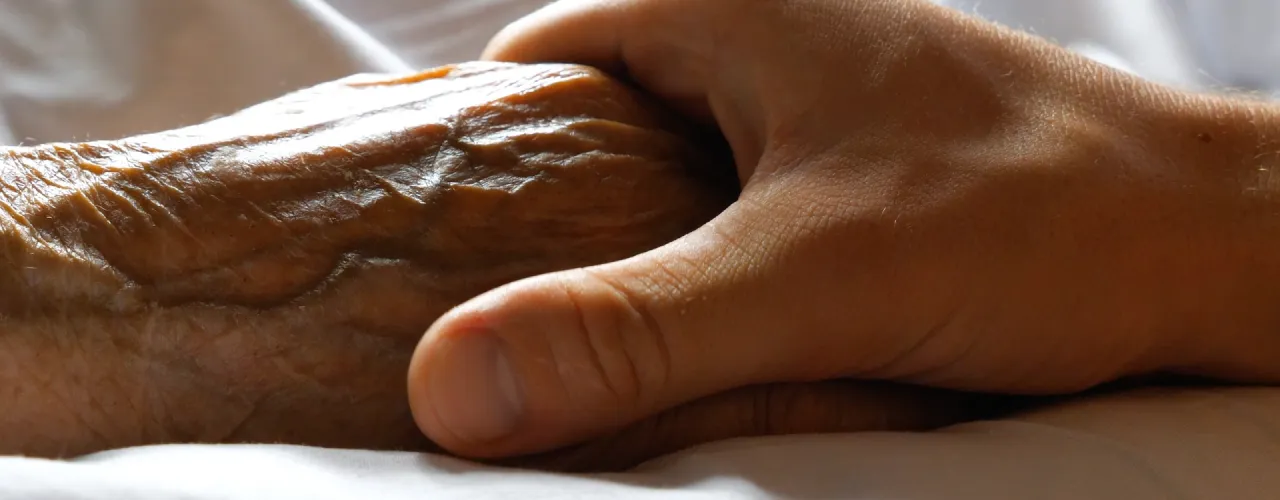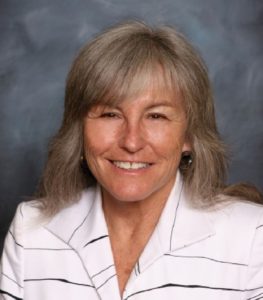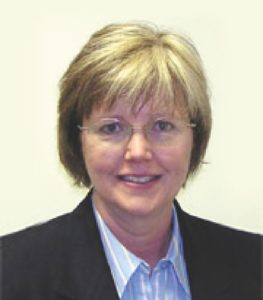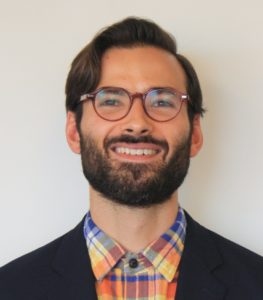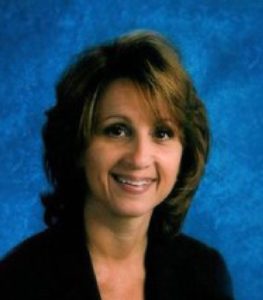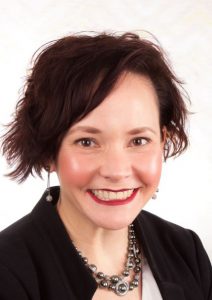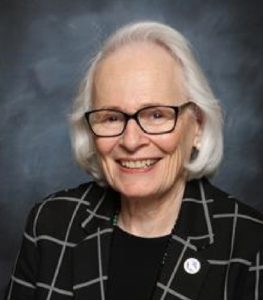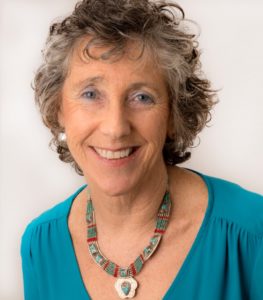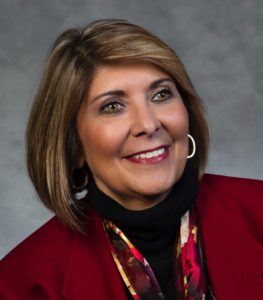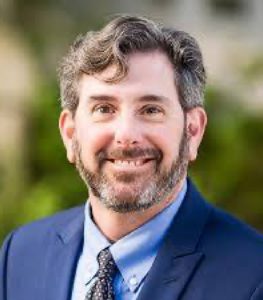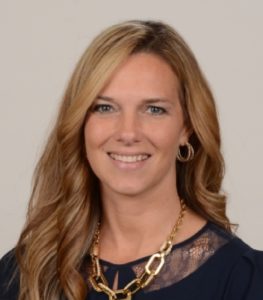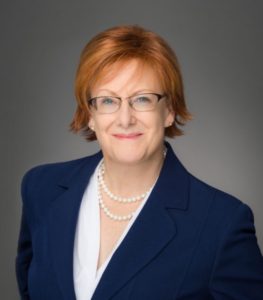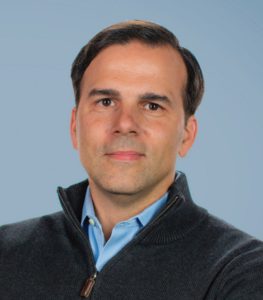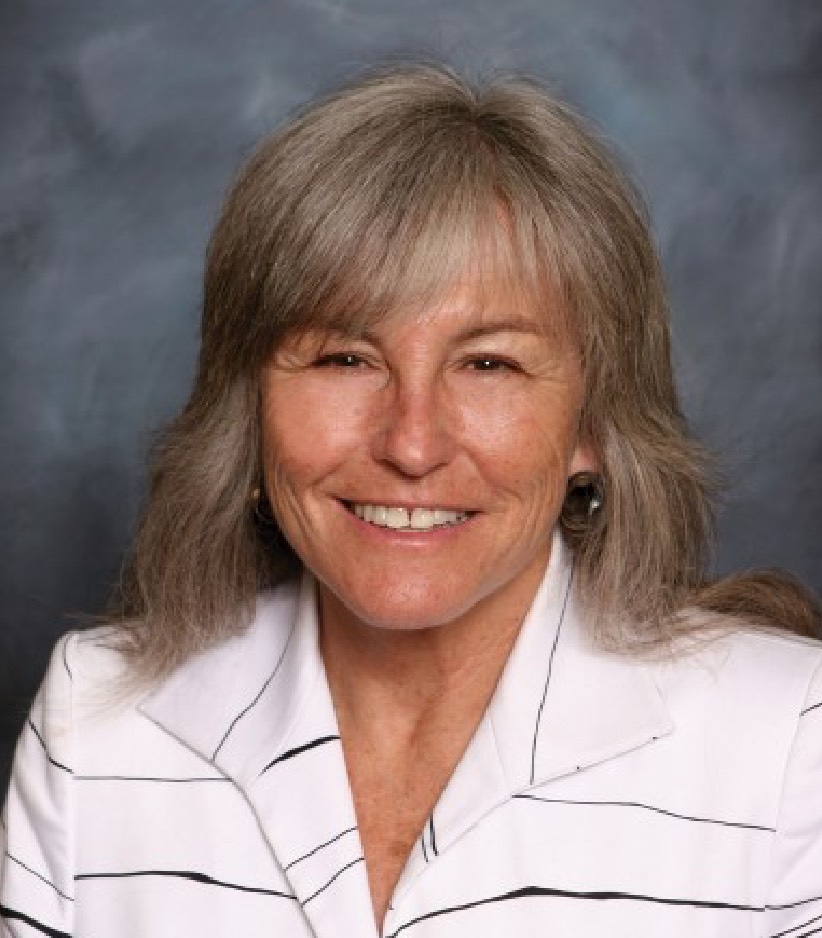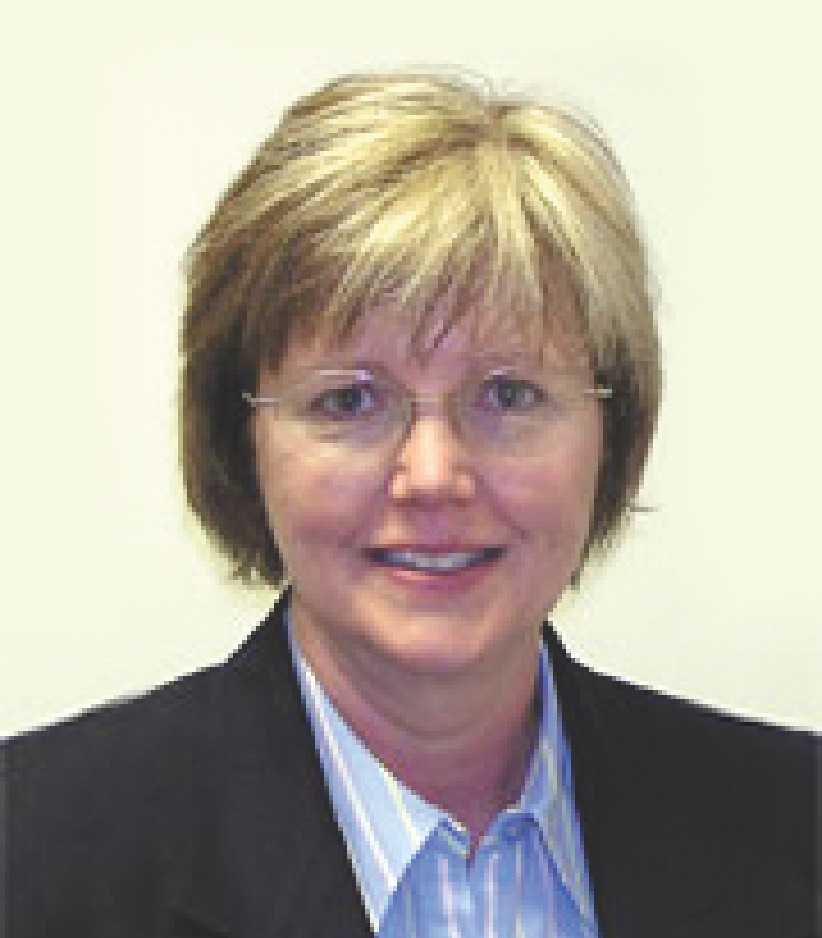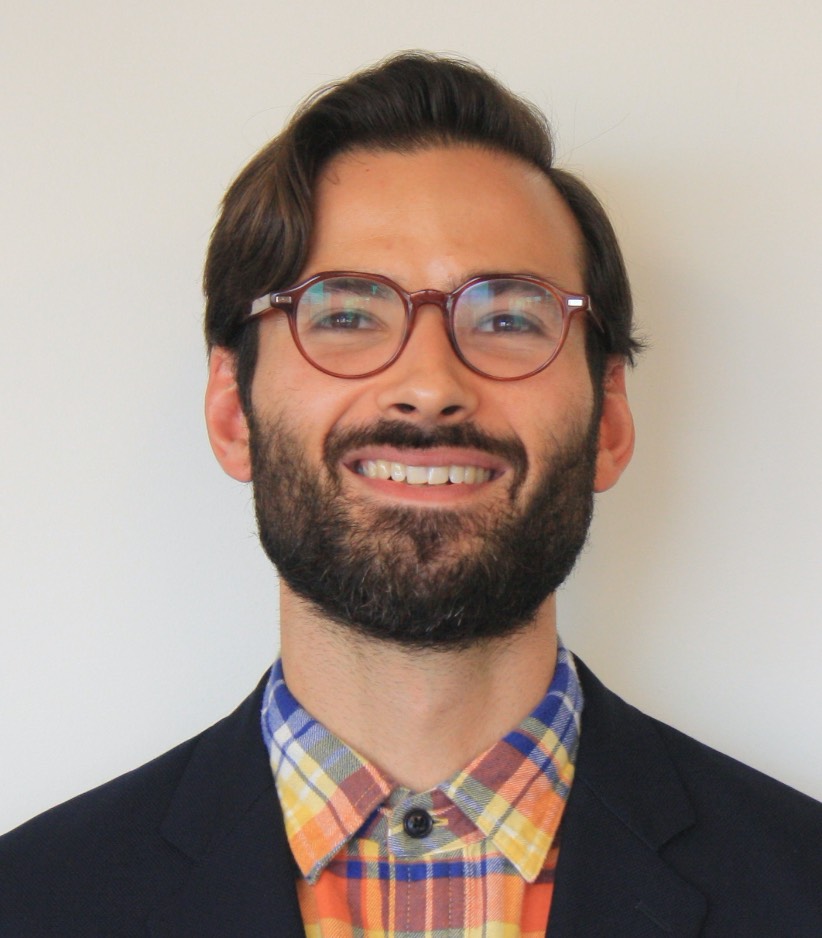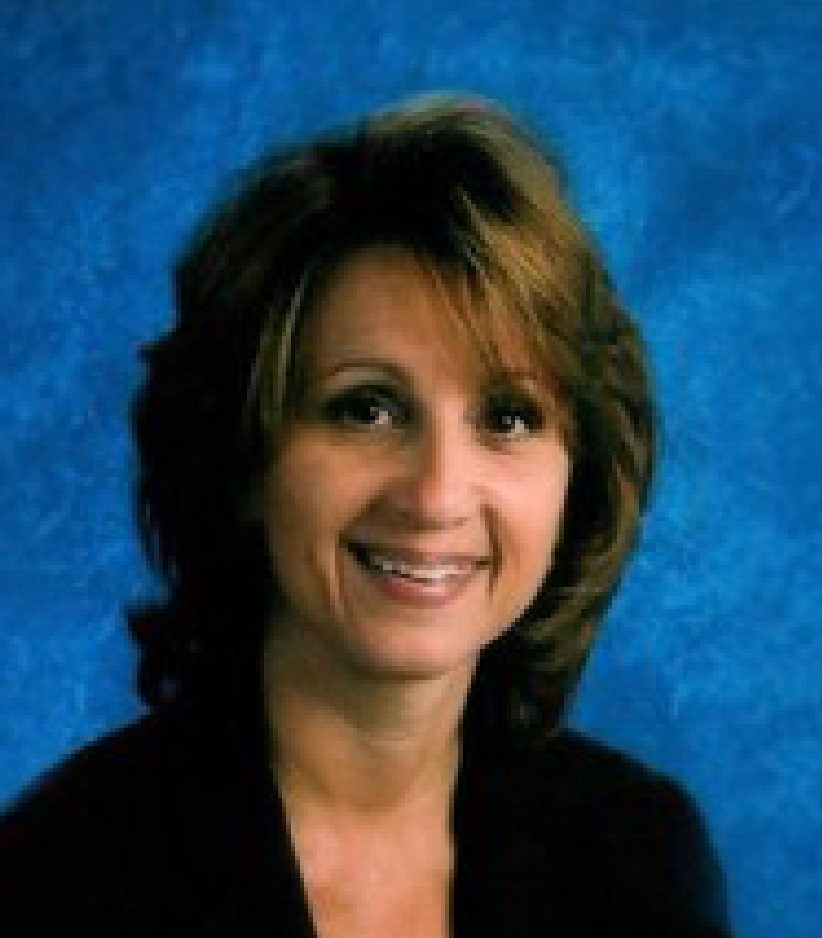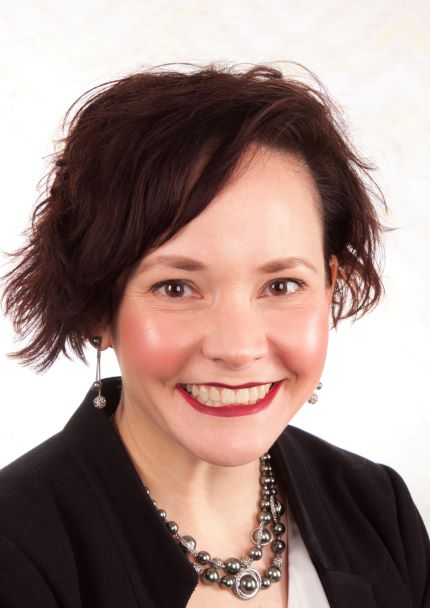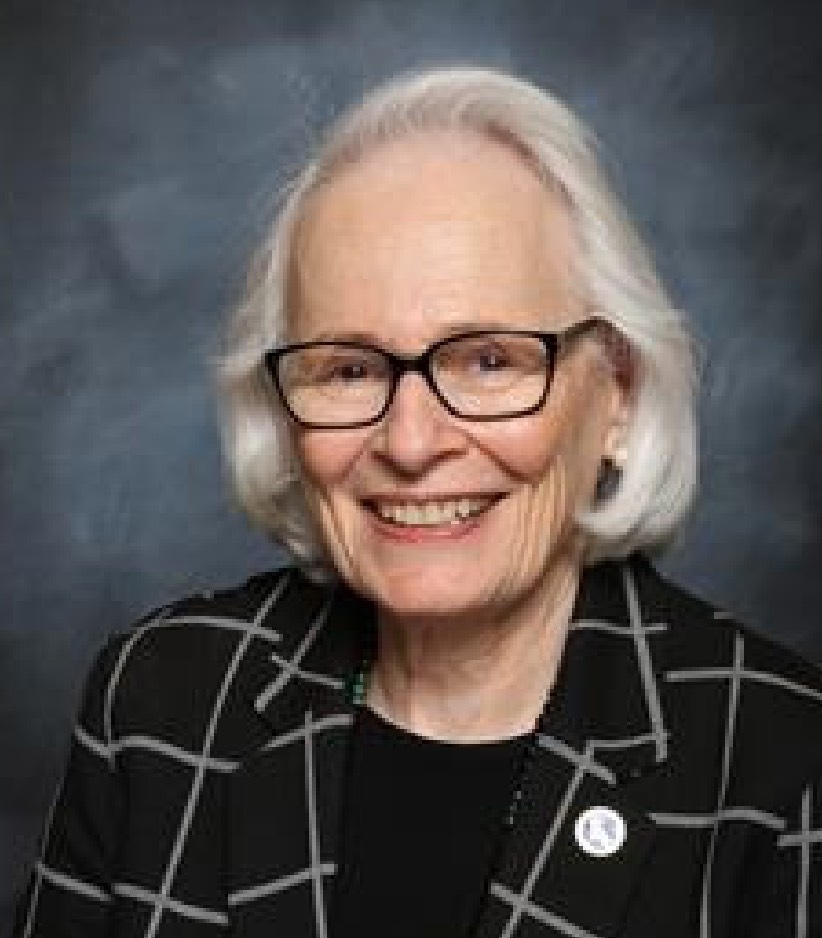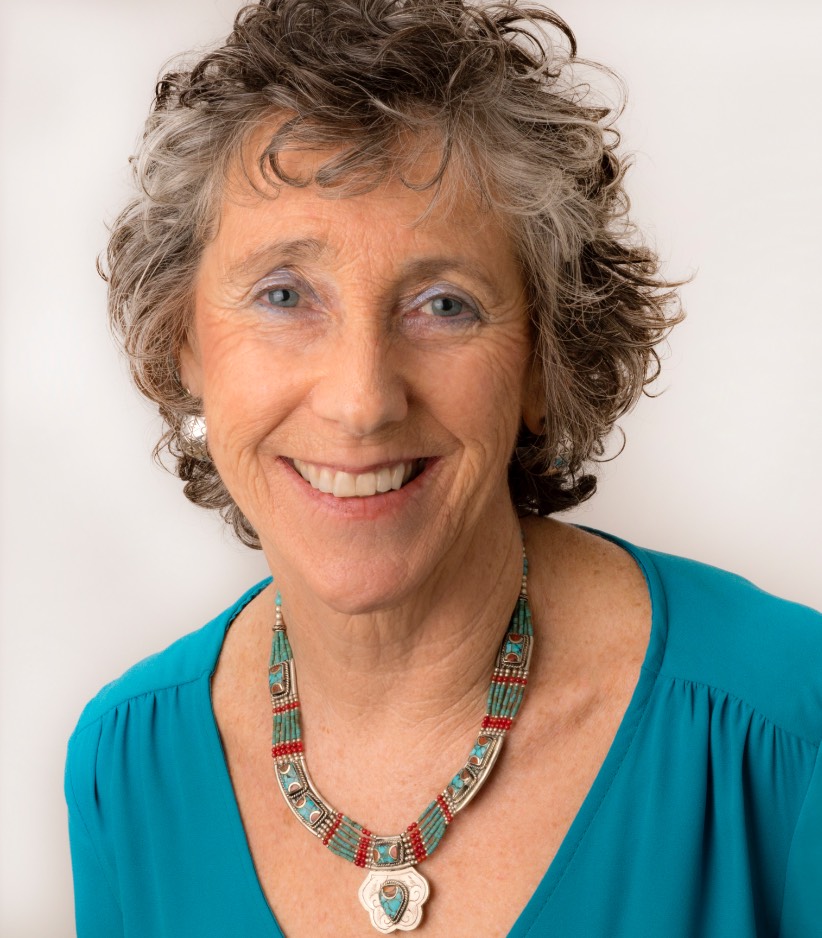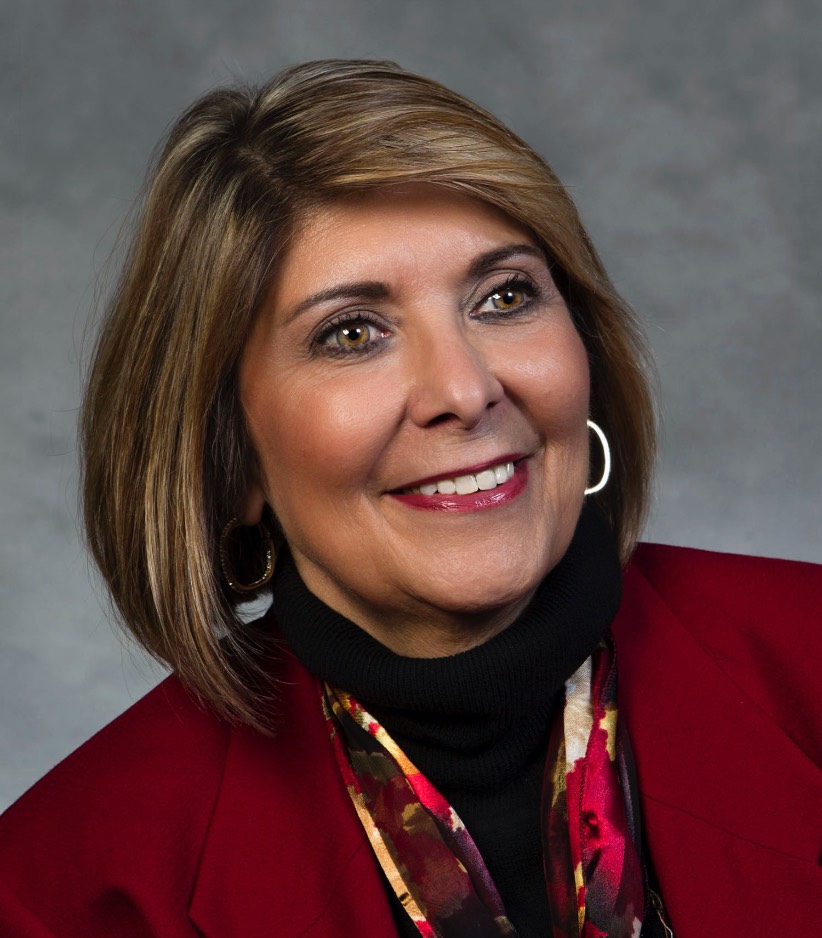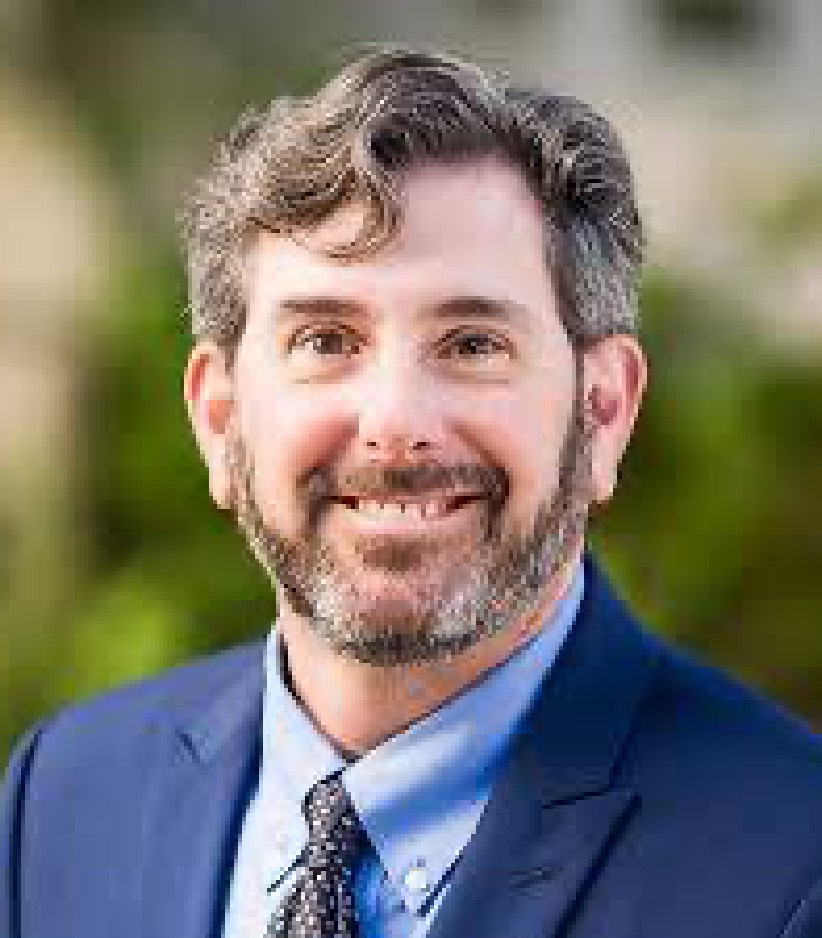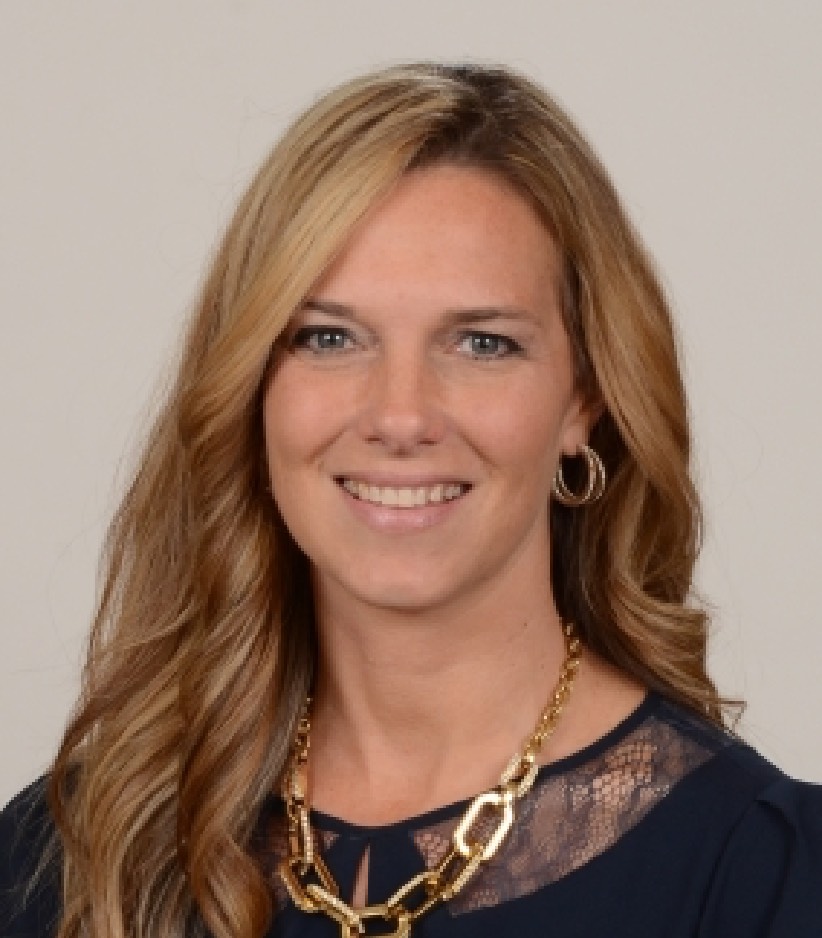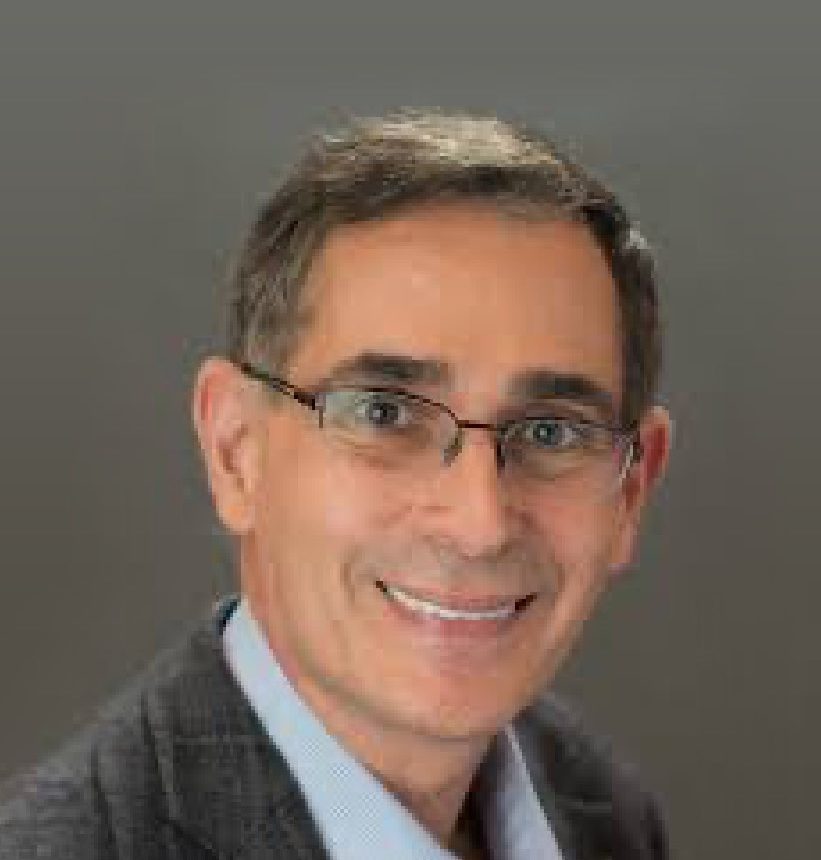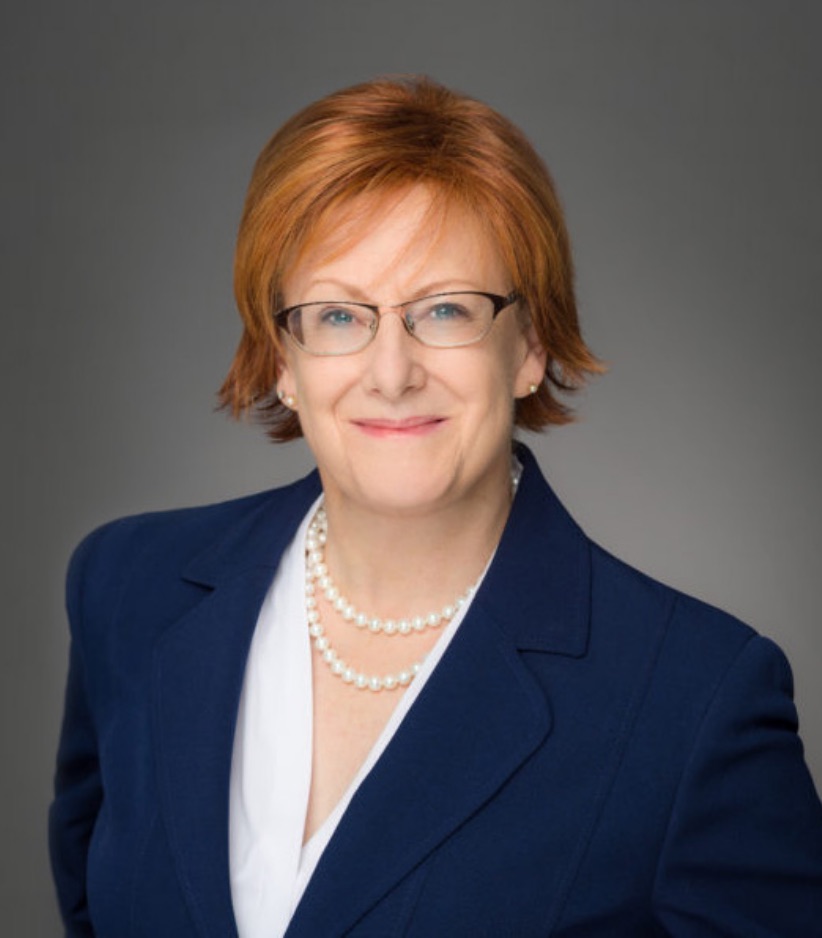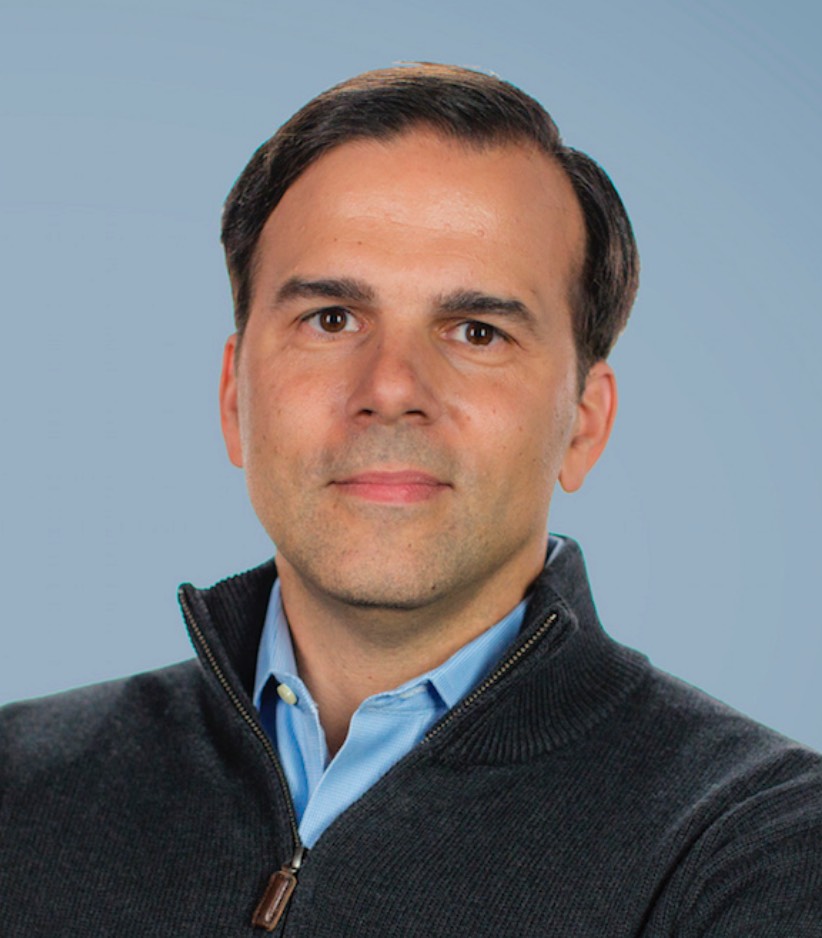Our Mission
The CSU Shiley Haynes Institute for Palliative Care Provides High-Quality Education to Healthcare Professionals and Students, Builds Advocacy, and Promotes Research to Advance the Care of Those Living with Serious Illness and Their Communities.
Our Vision
At the CSU Shiley Haynes Institute for Palliative Care, we envision a world where every health professional has the knowledge and skills to provide exceptional whole person care, and care is at the heart of healthcare.
All health professionals, especially those working in primary care or serious illness specialties, should know how to provide primary palliative care.
In palliative care, the interdisciplinary team is constantly collaborating. Each team member understands the physical, psychological, and spiritual aspects of care and is ready to assess and help address all types of suffering.
Our Values
- RESPECT
Modeling respect for all persons, perspectives, backgrounds, contexts, and goals
- EXCELLENCE
Reaching for the highest bar, in all that we do
- COLLABORATION
Embracing differences to achieve shared goals
- CREATIVITY
Supporting curiosity, continuous learning, and free-flowing ideas
- INCLUSIVENESS
Removing barriers, promoting equity, creating opportunity, celebrating value
- INTEGRITY
Speaking honestly, working responsibly, behaving impeccably, treating all equitably
- AGILITY
Seeking opportunities, taking risks, and responding to changes with courage and speed
What is Palliative Care?
Palliative care is personalized care that expertly manages the physical, emotional, and spiritual symptoms of serious illnesses.It incorporates a wide range of therapies to address common symptoms like pain, nausea, anxiety, and depression, so people can have the best quality of life based on what matters most to them. Palliative care utilizes a variety of evidence-based medical, psychological, spiritual, and complementary therapies to support a person’s body, mind, and spirit at every stage of illness.
Palliative Care Is Patient-Centered Care
Palliative care is for anyone living with a serious or chronic illness, from the moment of diagnosis onward. It can be offered alongside treatments like chemotherapy or can be provided on its own. It supports patients and families exactly where they are, and it adjusts as new needs arise. Patients, families, and caregivers all benefit from palliative care.
Palliative Care Is a Team Approach
Palliative care teams generally include a physician, nurse, social worker, and spiritual care provider. These interdisciplinary teams tap into each person’s expertise to best manage all symptoms of serious illnesses so that patients and families are fully supported. There aren’t enough palliative care specialists to serve everyone with serious illnesses.
Expressing Gratitude
NATIONAL ADVISORY BOARD
We are grateful for the service and guidance of our National Advisory Board, which is made up of state and national leaders in palliative care, workforce development, and education.
Leading With Integrity
The CSU Shiley Haynes Institute for Palliative Care is led by a dynamic and caring team of experts and innovators in education, healthcare, and client satisfaction who are committed to delivering the highest quality palliative care education available.
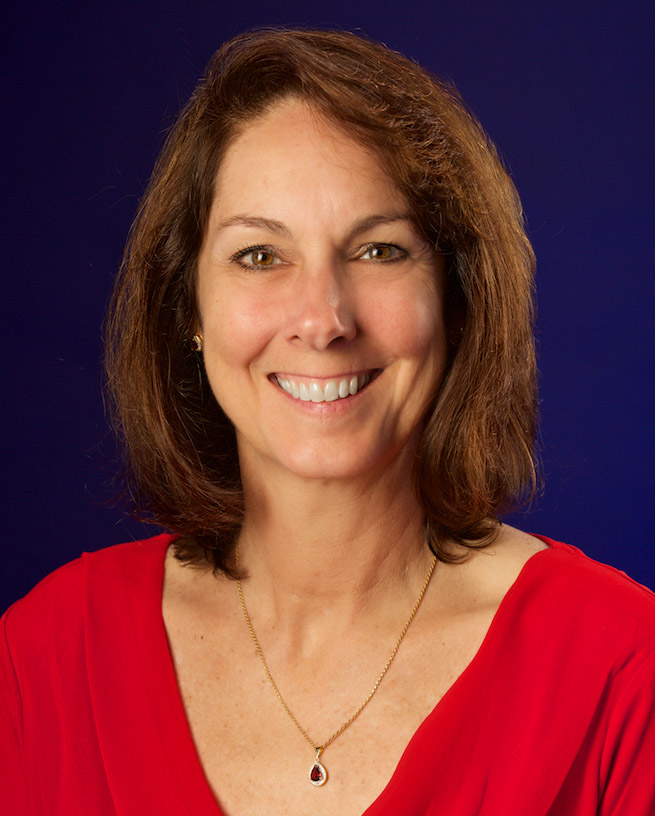
Dr. Sharon B. Hamill
Executive Director
Join us in congratulating Dr. Sharon Hamill, PhD as she is officially named Executive Director of the CSU Shiley Haynes Institute for Palliative Care!
Dr. Hamill offers a wealth of expertise in curriculum development, assessment, accreditation, and research. When the Institute was founded in 2012, Dr. Hamill served as the Faculty Director for the campus partner office at CSUSM where she implemented the “What Gives Your Life Meaning?” campaign on Advance Care Directives. During her time as Faculty Director, Dr. Hamill was also an esteemed tenure-track faculty member in the Psychology Department. Her research focused on family caregiving from a developmental psychology perspective.
While Dr. Hamill served as Interim Executive Director, she advocated for palliative care education at the federal, state, and local levels. She collaborates with a full team of Institute staff who thrive under her leadership and support. Her team describes her as a passionate, inspiring, motivated, and compassionate leader, which makes her a perfect fit for the role of Executive Director at the CSU Shiley Haynes Institute for Palliative Care. Dr. Hamill has enhanced the Institute’s educational activities to support its academic mission. Furthermore, she is leading the Institute towards the vision that was established by its founders: to leverage the CSU system in becoming the national leader for integrating palliative care education in healthcare-based degrees across the system.
Sharon Hamill earned a Ph.D. in Social Ecology from UC Irvine. She has been a Professor of Psychological Sciences/ Child and Adolescent Development (CHAD) at CSUSM for 26 years. She was the first Faculty Director for the campus partner office of the Institute and served a 5-year term. During this time she led efforts to create community programs focused on palliative care education including “What Gives Your Life Meaning?®”, a campaign to encourage people to complete advance directives, and “Aging with Grace,” offered to the community in partnership with local faith-based institutions. Her research focuses on promoting quality of life through palliative care to decrease suffering in patients and their caregiving families. She is a past recipient of the Harry E Brakebill Distinguished Professor Award for excellence in teaching, research and service and of the CSU Faculty Innovation and Leadership Award. Dr. Hamill is currently serving as a WASC Commissioner.
Sharing Vision, Building Partnerships
We partner with state and national policy organizations, associations, and healthcare innovators to develop courses that address important needs in healthcare delivery and help grow the palliative care workforce worldwide.
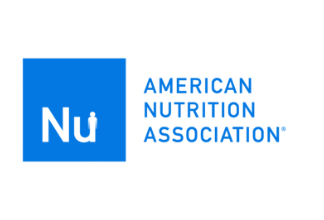
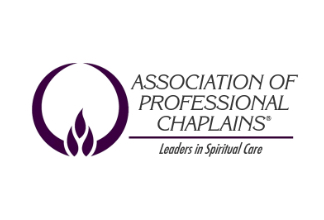
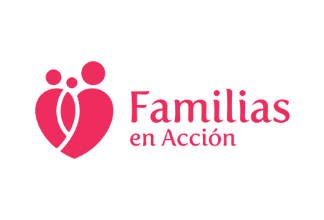
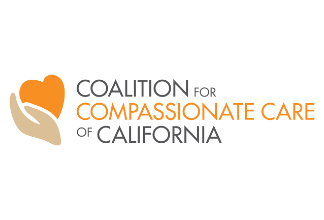
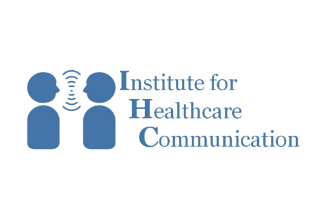
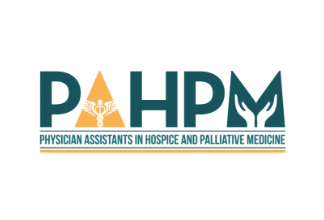
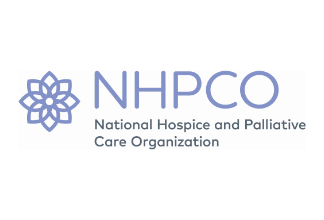
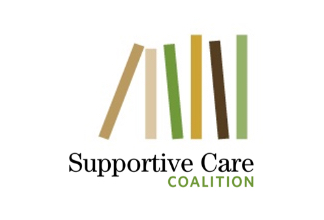
Accessibility
Inspiring Human Progress – For Everyone
CSU Shiley Haynes Institute for Palliative Care is committed to ensuring that our web environment is accessible to everyone, especially those with disabilities. As a team, we work together to address the usability and accessibility of the content contained within our web environment.
Students, faculty, staff, and general site users can report accessibility issues that are encountered within the website. If you experience any difficulty accessing the content on this site, please report it to shileymarketing@csusm.edu.
FAQ's
For most courses, including all self-paced courses, full payment is due at the time of registration, prior to the start of the course. For our comprehensive, months-long certificate programs, a payment plan option is available. Contact us at palliativecare@csusm.edu or call 760-750-4006 to talk to one of our Relationship Managers.
Yes. Please contact us and we’ll work with your organization’s accounting department to accommodate purchase orders. Call 760-750-4006 or email us at palliativecare@csusm.edu.
Very few of our courses require you to buy a text or any outside materials. Please refer to each course description page for details.
Instructor-led courses:
Cancellations may be made up to the day before the start date of the course. A refund will be issued for the registration amount minus a $35 administrative fee.
Self-paced courses:
There are no refunds on our self-paced courses.
The Institute works hard to make our courses affordable. We do not offer financial aid, but encourage you to contact your organization’s Human Resources department to review their reimbursement program for professional development. Some professional associations or independent organizations offer scholarships as well.
No, no application or acceptance to the CSU is required to take our courses. All you have to do is register and pay the fee.
No palliative care experience is required for most of our courses; however a few of our certificate programs strongly suggest practical experience in palliative or serious illness care before participating. Each course description will give information on basic requirements.
Our courses are flexible so you can access them 24/7, whenever it works best for you.
Most instructor-led courses are entirely asynchronous, meaning students don’t need to be online at the same time or any particular time. Participants are typically given weekly assignments. The work can be completed on your own time as long as deadlines are met.
A very few of our instructor-led courses include live virtual sessions in order to practice skills, discuss case studies, or ask questions of instructors and experts. In these cases, the times and requirements for the live sessions are clearly stated in the course descriptions.
You can start a self-paced courses any time after registration, and you will have up to 90 days to complete your work.
No. Instructor-led programs are structured so all students in the cohort move through the material as a group each week. All work must be completed by the course deadline in order to receive your certificate of completion.
Instructor-led courses are available for up to 90 days past the end of the course schedule. Self-paced courses are available for 90 days from registration.
Our instructor-led online courses provide in-depth content, a small-group learning environment, and personal feedback from experts in palliative care teaching and practice. These courses begin periodically throughout the year, with new groups called “cohorts.” In your cohort, you’ll complete weekly assignments and connect with peers from across the country. A few instructor-led courses also include live, virtual sessions to practice skills or connect with your cohort.
Self-paced online courses are self-contained interactive courses you complete at your own pace. They feature reading materials, videos, learning exercises, and quizzes that reinforce learning.
Most instructor-led courses repeat throughout the year. To receive notification of the program dates, please email one of our Relationship Managers at palliativecare@csusm.edu and note the courses you are interested in.
Our instructor-led courses typically range from 20 to 30 participants per cohort.
We do not issue letter grades. Each course provides a certificate of completion for continuing education credits issued by the California State University San Marcos, which is accredited by the Western Association of Schools and Colleges (WASC). To earn the certificate, you must complete the assignments in instructor-led courses, and pass quizzes in all courses with at least 80% correct answers (you can retake the quizzes several times).
The Institute confers certificates of completion, not certification. Certification in hospice and palliative care is offered only by national certifying bodies, and usually involves a comprehensive exam or portfolio submission. Certificates earned through the Institute provide proof of continuing education credits; they can be included on your resume and are recognized as an important accomplishment in the field of palliative care.
Yes, continuing education (CE) hours for all courses are provided through California State University San Marcos, which is accredited by the Western Association of Schools and Colleges (WASC). Some courses also offer CEs approved by the Board of Registered Nursing (BRN) and Board of Behavioral Sciences (BBS.) CE hours are listed on each course description page. The number of CE hours is roughly equivalent to the amount of time it takes to complete the course.
Yes, we offer CME credits for some of our courses. The CME credits provided are AMA PRA Category 1. The hours are noted on each applicable course description on the website.
Our programs are designed for busy working professionals. The time required per week for instructor-led courses varies by program and is relative to the continuing education or CME hours earned for that course. See course description pages for details.
Our faculty includes nationally recognized experts in palliative care and hospice care as well as specialists in fields including oncology, cardiology, nutrition, interdisciplinary practice, complementary/alternative therapies, gerontology, healthcare administration, case management, chaplaincy, and more.
You’ll need a computer and Internet connection to access courses and materials in our learning management system (LMS), known as Canvas. Students must have basic computing skills – copying and pasting, spell-checking, saving files, word count, attaching files to email, searching topics online, and using your computer’s browser.
Canvas runs on Windows, Mac, Linux, iOS, Android, or any other device with a modern web browser. Canvas highly recommends updating to the newest version of whatever browser you are using, as well as the most up-to-date Flash plug-in.
Instructors do not provide computer support or training, but Institute staff are available to help. The courses provide instructions for how to access support.
Students in instructor-led courses must participate in written discussion posts to achieve learning outcomes, so proficiency in English is required. If English proficiency is in question, you may be asked to demonstrate that you can pass the TOEFL exam.
The Institute complies with all American Disabilities Act (ADA) requirements. If you need course adaptations or accommodations because of a disability, please contact our Department of Educational Operations at palcarehelp@csusm.edu or call 760-750-4006 to request reasonable and necessary accommodations for you prior to the start of the course.
The short answer is you own your content and neither the Institute nor Instructure (the company that owns Canvas) claims any rights or access to the content beyond what’s required to run the course. Likewise we count on you to only contribute your own original work or, if you are quoting or sharing another’s work, to properly cite the author/owner and respect their copyright. To see the detailed Acceptable Use Policy, click HERE.






